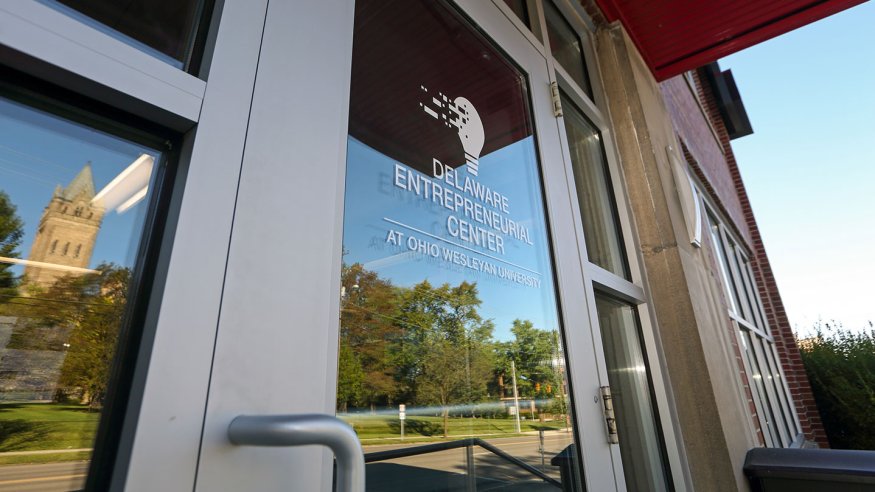The rise of the gig economy has brought about significant changes in employment practices, leading to concerns about the impact on government finances. Matthew Taylor, a top advisor to the Prime Minister, has highlighted the growing number of self-employed individuals working for companies like Uber and Deliveroo as a potential threat to tax revenues. According to Taylor, self-employed contractors, who are controversially classified as such, pay an average of £2,000 less in taxes compared to employees in equivalent roles.
The implications of this shift in employment practices were underscored by Chancellor Philip Hammond during his Autumn Statement, where he warned about the structural impact of the increasing trend towards self-employment on tax revenues. The Office for Budget Responsibility estimates that by 2020/21, self-employment could cost the Treasury £3.5 billion. This loss in revenue could have far-reaching consequences for government finances.
Prime Minister Theresa May has expressed concerns about the precarious nature of employment for many workers in the gig economy. She has pledged to crack down on businesses that classify workers as self-employed to avoid providing them with their due rights. Recent employment tribunal rulings, such as the one against Uber, could lead to a reclassification of workers and potentially trigger a wave of claims against other firms.
While employment law allows for a middle ground status of “worker” that provides some entitlements, tax law is more straightforward, defining individuals as either employed or self-employed. One option for the government to recoup lost revenue is to consider changing the law in this area.
A recent study by the Resolution Foundation has challenged some assumptions about the gig economy, suggesting that the number of people doing more than one job is at a 25-year low. However, the number of multi-jobbers who are partially self-employed has increased, reflecting a broader shift towards self-employment. The report also highlights the sectors most likely to feature people with multiple jobs, such as education and healthcare.
Based on its findings, the Resolution Foundation supports proposals for a major overhaul of National Insurance (NI) that could raise additional contributions of up to £360 million per year. This reform would involve taxing workers on their aggregate tax position rather than per job, potentially increasing the tax burden on those with multiple jobs. The impact of these changes would vary, with the poorest workers being least affected due to factors like Universal Credit.
In conclusion, the changing employment practices brought on by the gig economy have raised concerns about their impact on government finances. As more individuals opt for self-employment and work for gig economy companies, the government stands to lose significant tax revenues. Addressing these challenges will require a careful balance between protecting workers’ rights and ensuring a fair tax system that supports government finances.
















